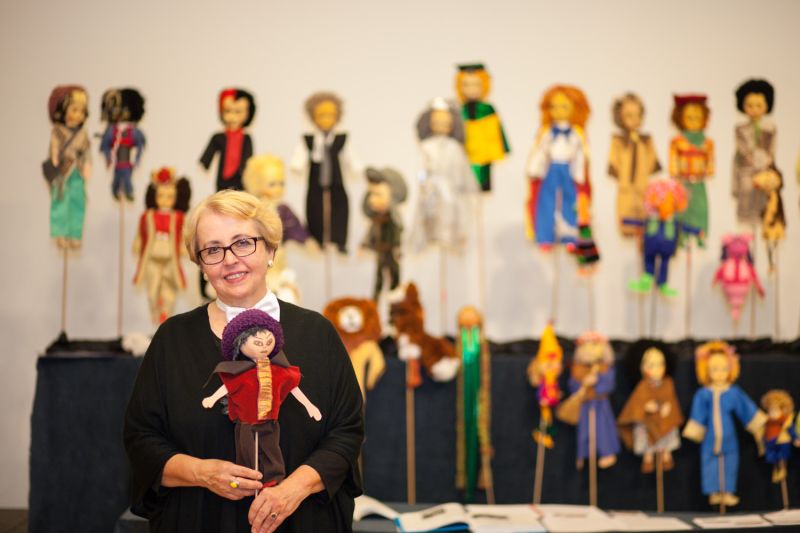Maria Końska-Chmielecki. Puppets, passion and Polish traditions
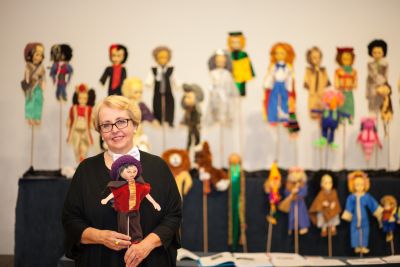
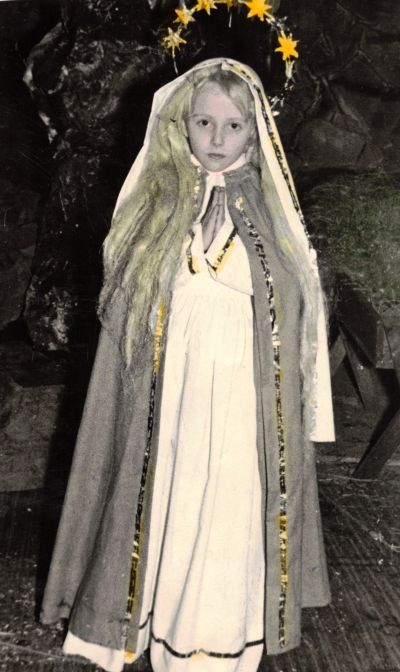
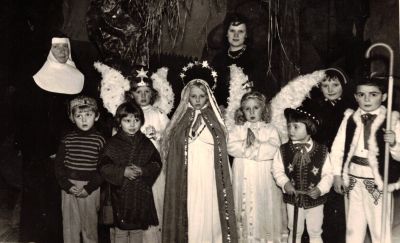
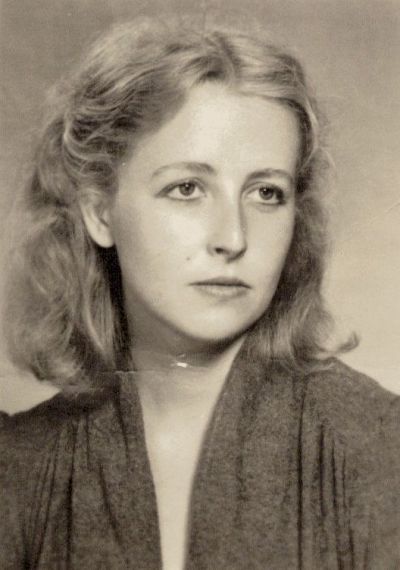
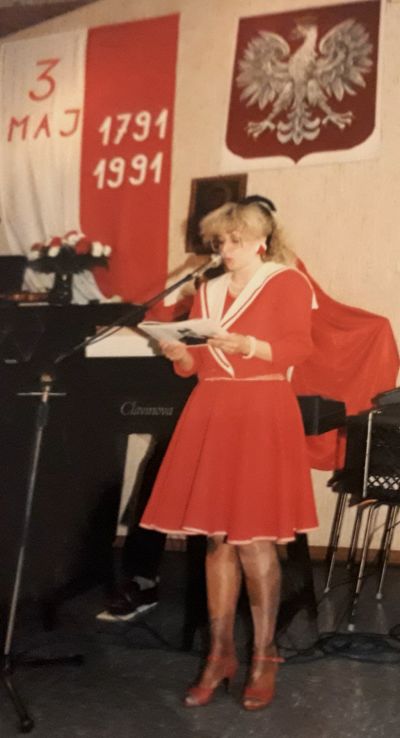
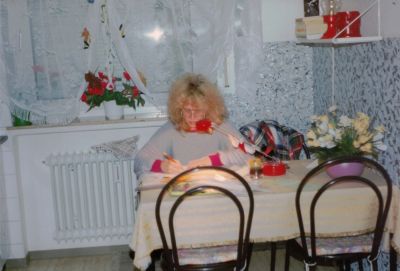
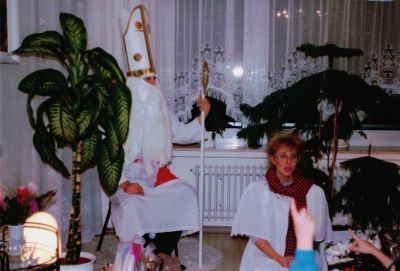
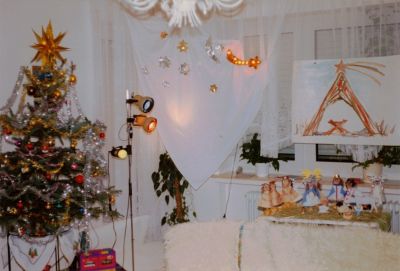
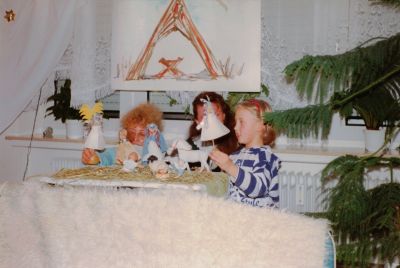
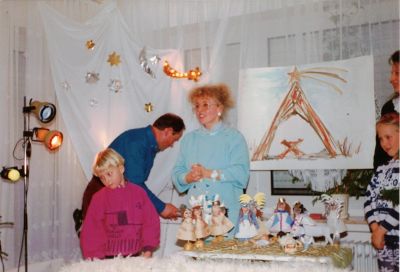
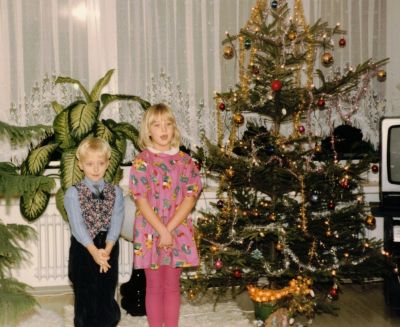
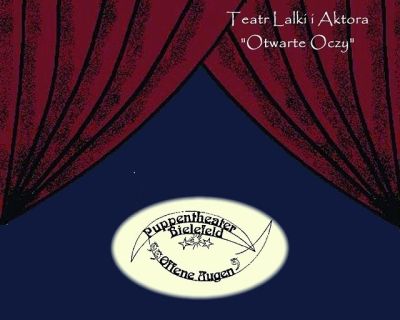
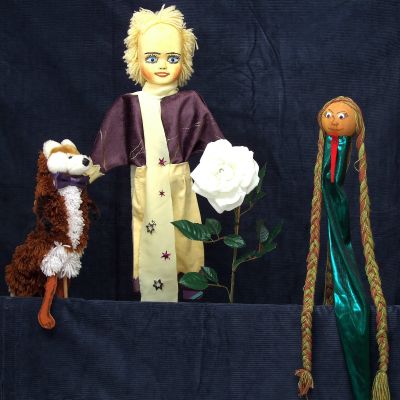
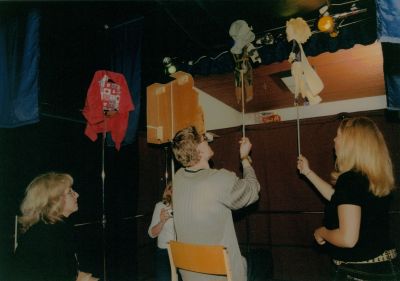
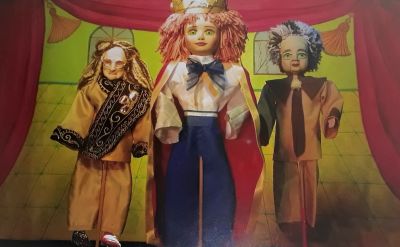
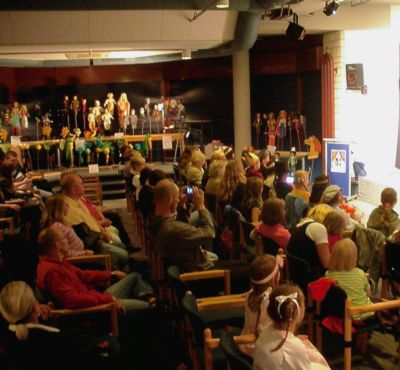
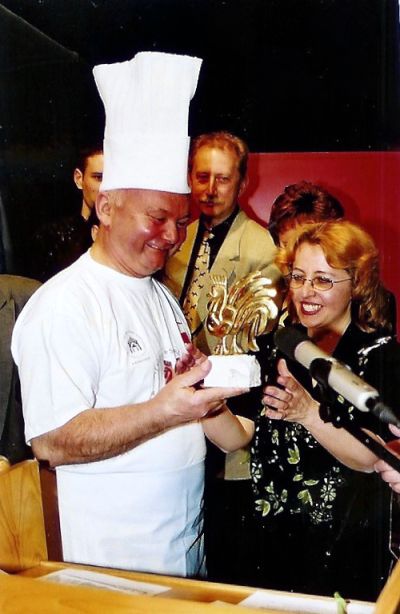
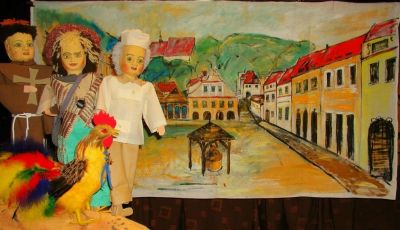
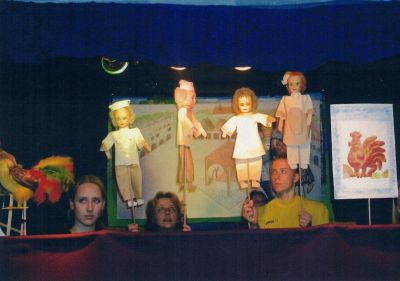
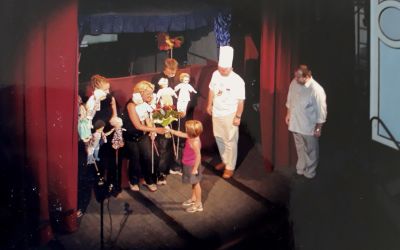
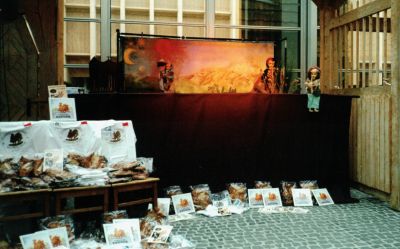
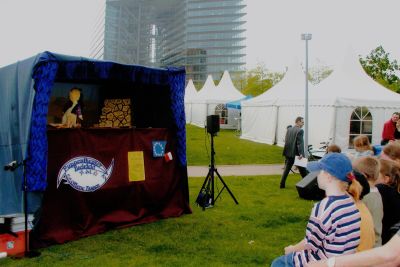
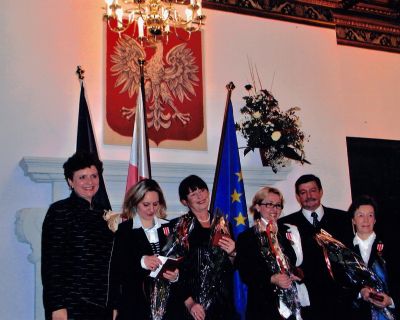
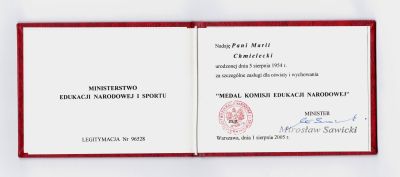
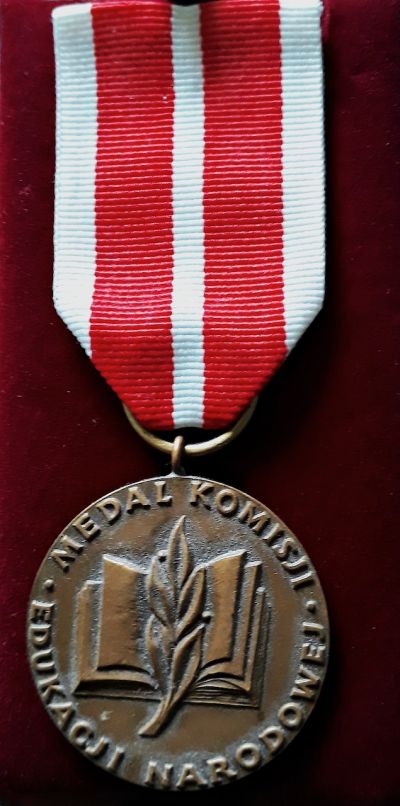
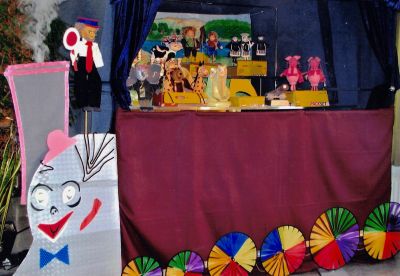
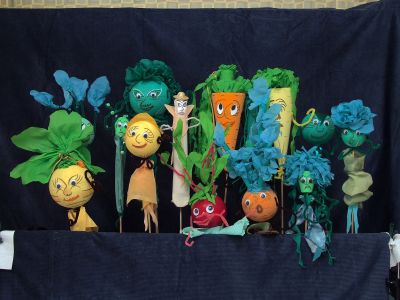
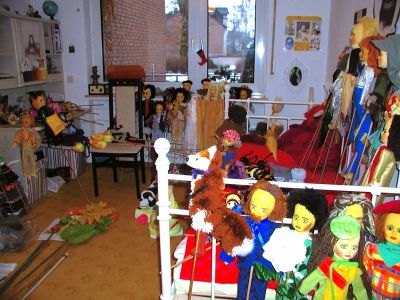
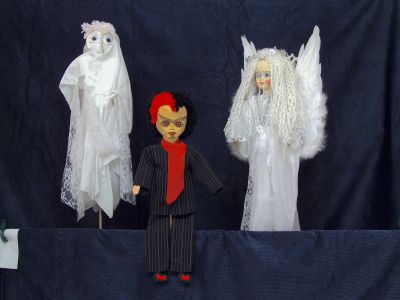
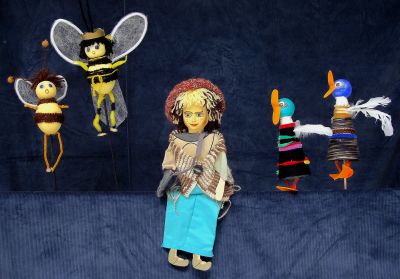
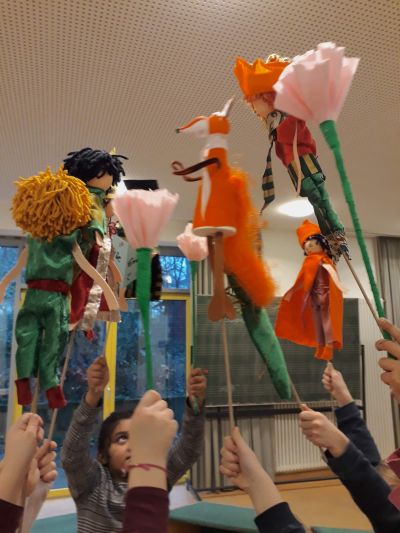
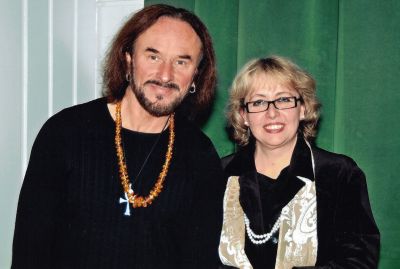
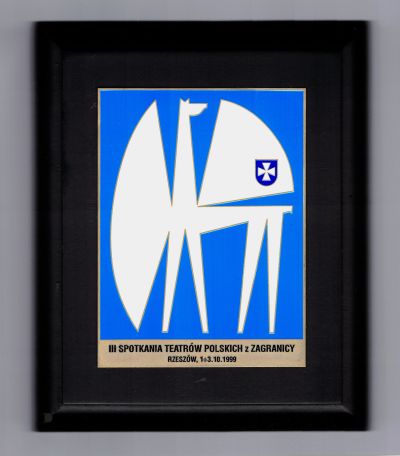
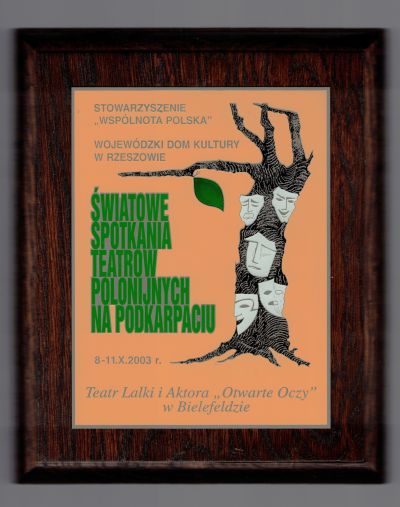
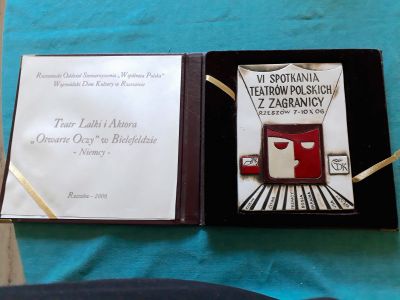
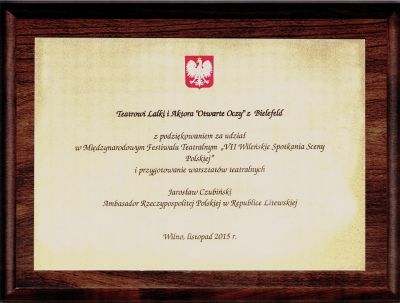
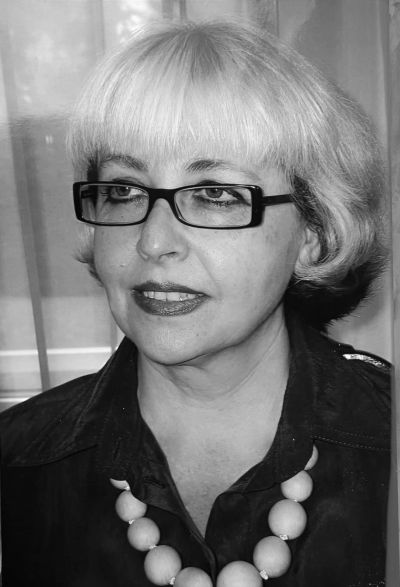
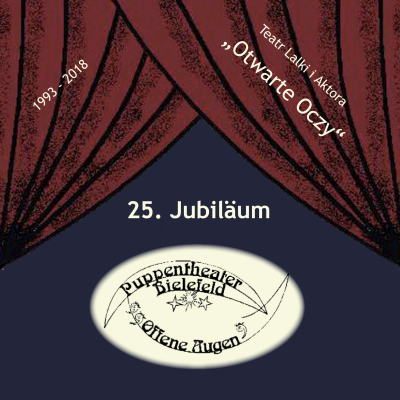

Family traditions in the limelight.
How Christmas at home became a stage show
The story begins in Bielefeld in 1992, with an idea born on St. Nicholas’ Day. Three Polish families with kindergarten and primary school-age children are sitting in our living room next to the decorated Christmas tree. The apartment doorbell rings. The children turn their heads towards the entrance door and mother calls out from the hallway: “St. Nicholas is here!”. The youngest children are excited as St. Nicholas, actually one of the fathers, enters the room. He sits down on the armchair and in keeping with the good old Polish tradition, we children must first recite a short poem or play a Christmas carol on the recorder before St. Nicholas gives us our presents. At the end, we all sing “Lulajże, Jezuniu”, one of the most famous Polish Christmas carols. Then, St. Nicholas says goodbye and wishes us a happy advent. For our parents, it was always important that we kept our Polish traditions.
Christmas time was always very theatrical in our home. We sang songs, and son Dominik played the piano and recited poems. On Christmas Eve, our mother read out the story of Jesus’ birth from the Bible. Often, she would pass me the Polish bible and had me read the part of the angel speaking to the shepherds: “Do not be afraid! I bring you good news that will cause great joy for all the people. Today in the town of David a Saviour has been born to you; he is the Messiah, the Lord. This will be a sign to you: you will find a baby wrapped in cloths and lying in a manger.”
The beginnings of the puppet theatre.
How our nativity play turned our childhood into a magical theatre
Our mother, Maria Końska-Chmielecki (5 August 1954 – 21 June 2022), who was born and raised in Kraków, was a psychology graduate. In 1993, she founded the “Offene Augen” puppet theatre in Bielefeld, with the idea of creating a nativity play in Polish with and for us children.
She had already enthusiastically participated in theatre projects in Kraków, playing various roles and later directing the plays. She was sure, therefore, that we would also enjoy taking part. For her, it was a wonderful way of continuing the work that she knew from her childhood and youth. She therefore had no qualms about taking on this new challenge.
The name she chose for the theatre sent a clear message: you should look at the world with open eyes and be aware of the small details that make a difference. This reflected not only her devotion to art, but also her life philosophy that the world can be experienced in a richer, deeper way through careful observation and creative expression.
A few weeks after St. Nicholas’ Day 1992, on Epiphany Day (6 January 1993), the nativity play written by our mother was performed for the first time in front of friends and acquaintances in our living room at home. She designed the puppets and developed the choreography for the performance in advance. At that time, our standard lamp served as a spotlight, while the puppets’ clothes were made from decorated coffee filters; the voices of the Three Wise Men were played from a cassette recorder. You could tell how much the children loved the play by the gleam in their eyes. It was a success!
From school project to international stage success
That same year, as part of an “active parents for school” initiative, the nativity play was performed in German by class 3c, daughter Joanna’s class, in front of the entire school, the Stiftsschule school in Bielefeld. During this period, people came to our home for rehearsals, during which schoolfriends learned their lines by heart and practised the movements of the puppets. Even now, we still have vivid memories of our mother spending long evenings at the typewriter composing texts, creating puppets, and choosing the right music for the plays on our stereo system.
Some of our friends continued to perform with the puppet theatre all through their school years until they took their “Abitur” leaving exams, taking part in numerous performances. This is when the collaboration began between the “Offene Augen” theatre and schools throughout Bielefeld. The theatre also participated in various theatre festivals and was invited to put on guest performances not only in Germany, but also in Poland, France, and Lithuania. As a result, most of the plays were also performed in a number of different languages.





















































































